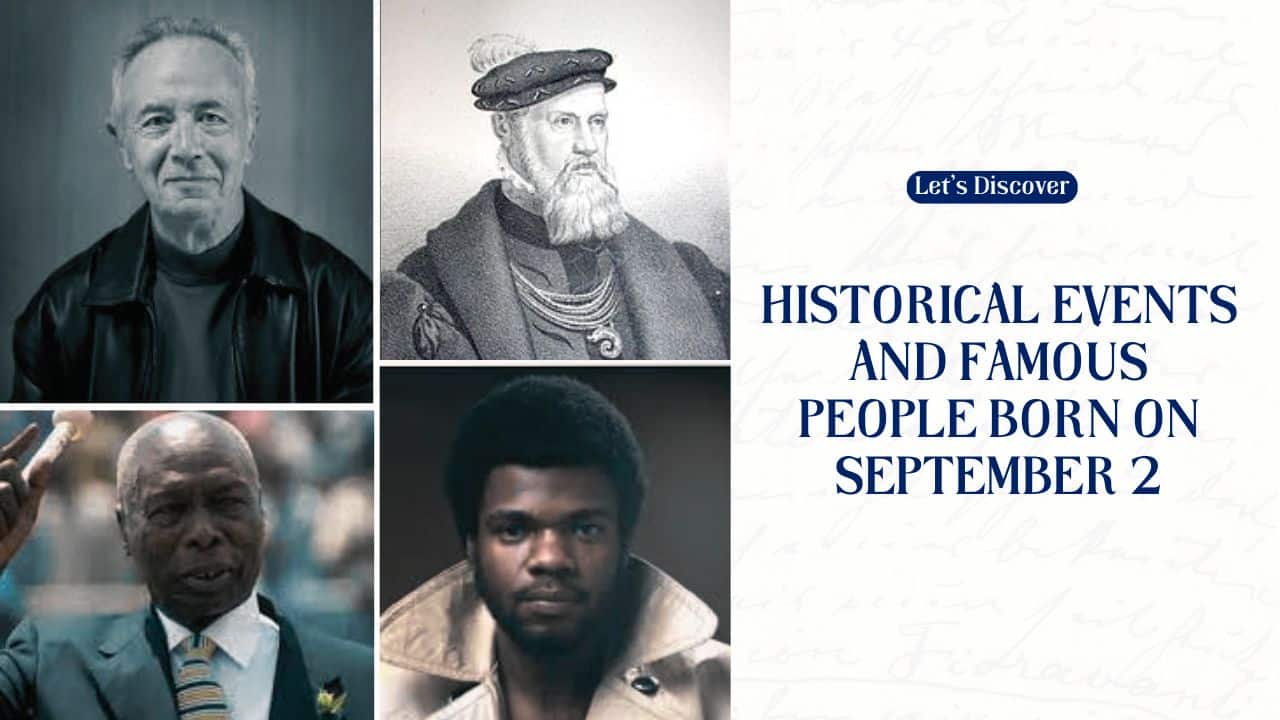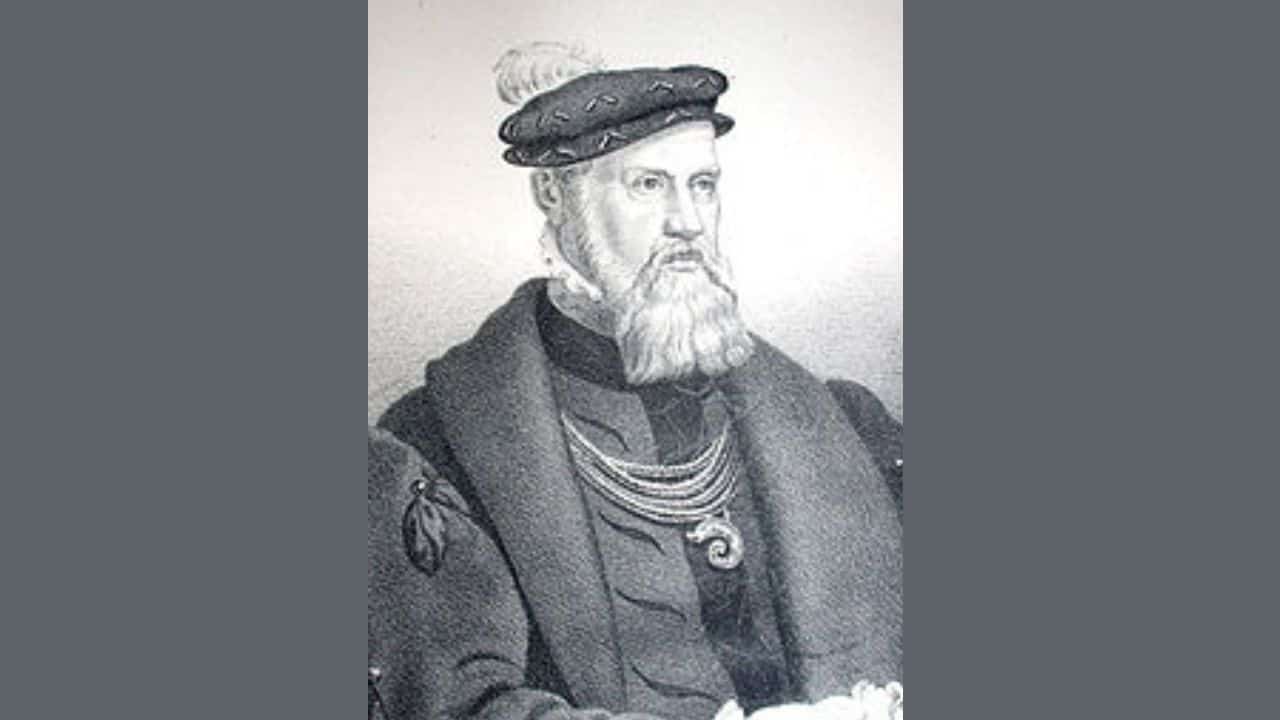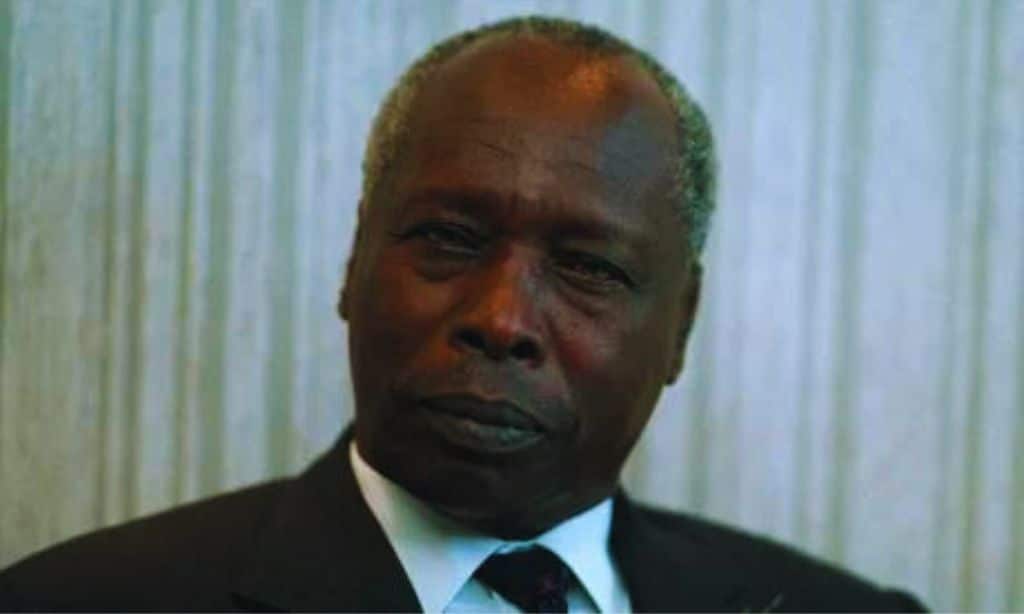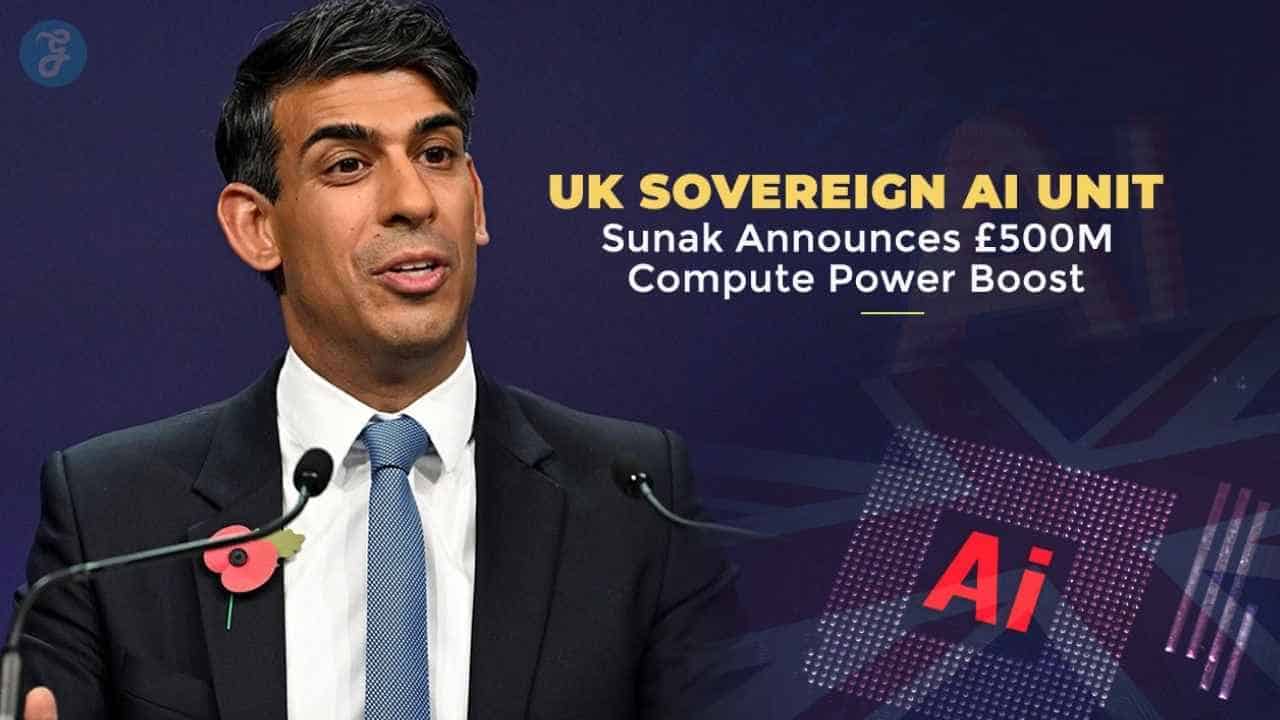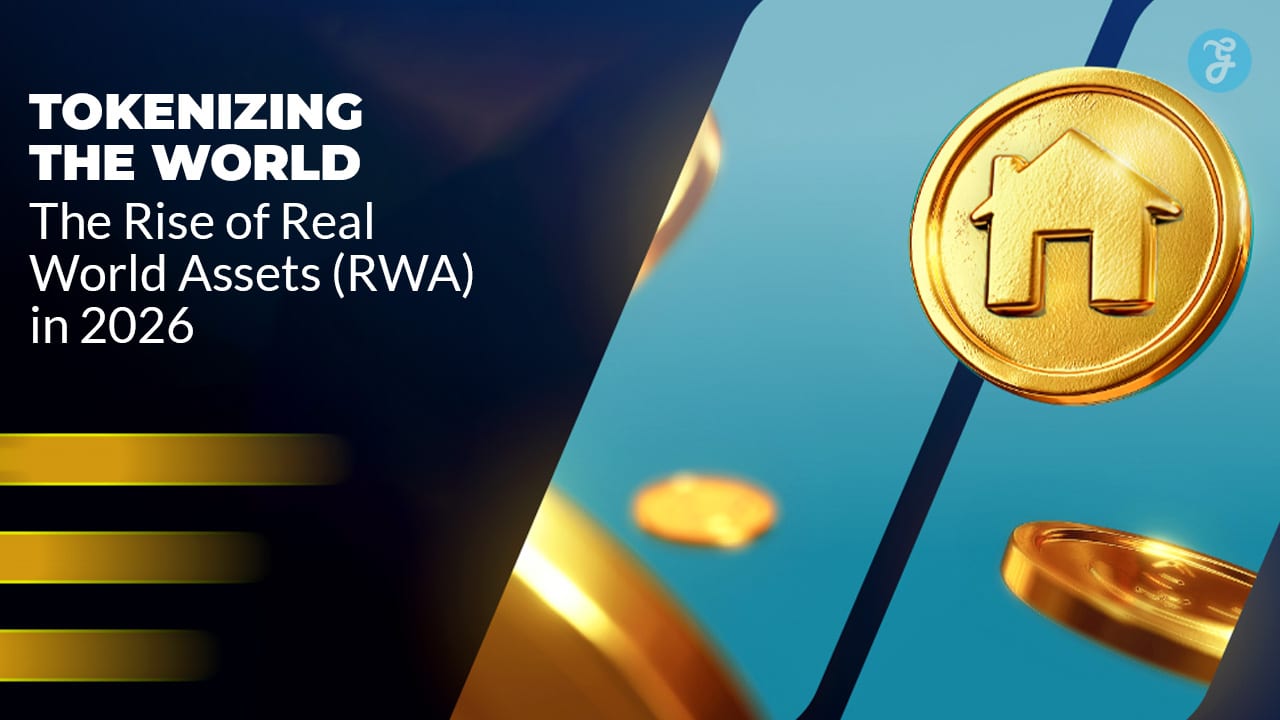September 2 is a day full of interesting events in history. It’s also the birthday of some very important people. In this article, we’ll learn about five big events that happened on this day. We’ll also meet five famous people born on September 2. These events and people come from different times and places, but they all helped shape our world in some way.
Historical Events on September 2
1. 1537: The Danish Reformation
On September 2, 1537, something big happened in Denmark. King Christian III made a new rule called the “Ordinance on the Danish Church.” This rule changed religion in Denmark forever.
Before this, most people in Denmark were Catholic. But King Christian III decided to make Lutheranism the official religion. Lutheranism is a type of Christianity started by a man named Martin Luther.
This change was called the Danish Reformation. It wasn’t just about religion. It changed many things in Danish society. Schools started teaching differently. The government worked in new ways. Even the way people lived day-to-day was affected.
The Danish Reformation was part of a bigger change happening in Europe called the Protestant Reformation. This was when many countries stopped following the Catholic Church and started new types of Christianity.
2. 1752: The Calendar Switch
On September 2, 1752, people in Great Britain and its colonies (including America) went to sleep. When they woke up, it wasn’t September 3. It was September 14!
This wasn’t magic. It was because of a change in calendars. Before this, these countries used the Julian calendar. But there was a problem with this calendar. It wasn’t quite right about how long a year is.
To fix this, they switched to the Gregorian calendar. This calendar is more accurate. It’s the one we use today. But to make the switch, they had to skip 11 days.
Many people were confused by this change. Some thought their lives would be 11 days shorter! Others were upset about losing wages for those days. But in the end, everyone had to accept the new calendar.
This change helped make sure that important dates, like the start of seasons, stayed in the right place in the calendar year after year.
3. 1901: Theodore Roosevelt’s “National Duties” Speech
On September 2, 1901, Theodore Roosevelt gave an important speech. He was speaking at the Minnesota State Fair. The speech was called “National Duties.”
In this speech, Roosevelt said something that became very famous. He said, “Speak softly and carry a big stick.” This became known as the Roosevelt Corollary.
What did he mean by this? Roosevelt was talking about how a country should act. He thought the United States should be strong (“carry a big stick”). But it should also be calm and reasonable when talking to other countries (“speak softly”).
This idea became a big part of how Roosevelt ran the country when he became President. He believed in being ready for war, but also in trying to solve problems peacefully first.
Roosevelt’s speech showed how he thought about America’s role in the world. It helped shape U.S. foreign policy for many years.
4. 1956: A Memorable Moment in Formula 1 History
On September 2, 1956, something amazing happened in car racing. It was at the Italian Grand Prix, a big Formula 1 race, in Monza, Italy.
Two drivers on the same team were fighting for the championship. One was Peter Collins from Britain. The other was Juan Manuel Fangio from Argentina.
During the race, Fangio’s car broke down. It looked like he would lose the championship. But then, Collins did something surprising. He gave his own car to Fangio!
This meant Collins was out of the race. But it gave Fangio a chance to keep racing. Fangio finished second in the race. This was enough for him to win the championship.
Collins’ act of kindness is still remembered today. It shows how sometimes, being a good sport is more important than winning.
5. 1989: Civil Rights March in Bensonhurst
On September 2, 1989, a important march happened in New York City. It was in a neighborhood called Bensonhurst in Brooklyn.
The march was led by Reverend Al Sharpton, a civil rights leader. It was about racial justice. A few weeks earlier, a young Black man named Yusuf Hawkins had been killed in Bensonhurst by a group of white men.
This march was to protest against racism and violence. Many people joined the march. But some people in Bensonhurst didn’t like it. There was tension and some violence.
This march was part of a bigger fight for civil rights. It showed that even in 1989, there were still big problems with racism in America. The march helped bring attention to these problems and push for change.
Famous Birthdays on September 2
Now, let’s learn about five famous people born on September 2:
1. Frederick Soddy (1877-1956)
| Born | September 2, 1877 in Eastbourne, England |
| Died | September 22, 1956 (aged 79) |
| Known for | Work on radioactivity and discovery of isotopes |
| Awards | Nobel Prize in Chemistry (1921) |
Frederick Soddy was a scientist from England. He studied chemistry, especially radioactivity. Radioactivity is when some materials give off energy and change into other materials.
Soddy made big discoveries about radioactive substances. He found out about things called isotopes. Isotopes are different forms of the same element.
For his work, Soddy won the Nobel Prize in Chemistry in 1921. The Nobel Prize is one of the biggest awards a scientist can get. Soddy’s work helped us understand more about atoms and radioactivity. This knowledge is still important in science today.
2. Daniel arap Moi (1924-2020)
| Born | September 2, 1924 in Kurieng’wo, Kenya |
| Died | February 4, 2020 (aged 95) |
| Known for | Longest-serving President of Kenya (1978-2002) |
| Key events | Led Kenya to multi-party democracy in 1991 |
Daniel arap Moi was a politician from Kenya. He became the President of Kenya in 1978. He stayed President for 24 years, until 2002. This makes him the longest-serving President in Kenya’s history.
Moi’s time as President had both good and bad parts. He helped improve education in Kenya. Many more children were able to go to school. But there were also problems with corruption and human rights during his rule.
In 1991, Moi made a big change. He allowed other political parties in Kenya. Before this, there was only one party allowed. This was a step towards democracy in Kenya.
Moi’s long rule had a big impact on Kenya. Even today, many things in Kenya’s politics and society are shaped by what happened during his time as President.
3. Andrew Grove (1936-2016)
| Born | September 2, 1936 in Budapest, Hungary |
| Died | March 21, 2016 (aged 79) |
| Known for | Co-founder and CEO of Intel Corporation |
| Awards | Time Person of the Year (1997) |
Andrew Grove was born in Hungary but moved to the United States as a young man. He became a very important person in the computer industry.
Grove was one of the founders of Intel Corporation. Intel is a company that makes computer chips. These chips are like the brains of computers. Under Grove’s leadership, Intel became one of the most important technology companies in the world.
Grove was known for being a tough but fair leader. He wrote books about business that many people still read today. He also gave a lot of money to help other people, especially in education and health research.
Grove’s work helped make computers faster and cheaper. This played a big part in making computers common in homes and businesses around the world.
4. Billy Preston (1946-2006)
| Born | September 2, 1946 in Houston, Texas, USA |
| Died | June 6, 2006 (aged 59) |
| Known for | Musician, “Fifth Beatle”, collaborations with major artists |
| Hit songs | “Nothing From Nothing”, “You Are So Beautiful”, “With You I’m Born Again” |
Billy Preston was an American musician. He was famous for playing the piano and organ. He was also a singer and songwriter.
Preston worked with many famous musicians. He played with Little Richard when he was just a teenager. Later, he worked a lot with The Beatles. Some people called him the “Fifth Beatle” because he played on so many of their songs.
Preston also had his own successful career. He had hit songs like “Nothing From Nothing” and “With You I’m Born Again.” He wrote the song “You Are So Beautiful,” which became very famous when Joe Cocker sang it.
Preston’s music mixed rock, soul, and funk styles. He was known for his energetic performances and his skill on the keyboard. His work influenced many other musicians and helped shape the sound of popular music in the 1960s and 1970s.
5. Andrej Babiš (born 1954)
| Born | September 2, 1954 in Bratislava, Czechoslovakia (now Slovakia) |
| Known for | Czech businessman and politician |
| Political role | Prime Minister of the Czech Republic (2017-2021) |
| Business | Founder of Agrofert, a large Czech company |
Andrej Babiš is a businessman and politician from the Czech Republic. He was born in what is now Slovakia, but was then part of Czechoslovakia.
Babiš first became famous as a businessman. He started a company called Agrofert, which grew to be one of the biggest companies in the Czech Republic. It works in many areas, including food, farming, and chemicals.
In 2011, Babiš entered politics. He started his own political party called ANO 2011. This party became very popular. In 2017, Babiš became the Prime Minister of the Czech Republic.
As Prime Minister, Babiš faced both praise and criticism. Some people liked his business experience. Others were worried about conflicts between his business interests and his role as Prime Minister.
Babiš’s time as Prime Minister ended in 2021, but he remains an important figure in Czech politics.
Takeaways
September 2 has seen many important events throughout history. From changes in religion and calendars to speeches that shaped nations and moments of sportsmanship, this day has left its mark on the world.
It’s also the birthday of people who changed the world in different ways. Scientists, politicians, musicians, and business leaders born on this day have all contributed to shaping our modern world.
Learning about these events and people shows us how history is made up of many different kinds of actions and achievements. It reminds us that every day can be a day when important things happen or when someone is born who will go on to do great things.
References:
1. “The Reformation in Denmark”. Danish National Archives.
2. Poole, Robert. “Time’s Alteration: Calendar Reform in Early Modern England”. UCL Press, 1998.
3. “Theodore Roosevelt: ‘National Duties’ Speech”. Theodore Roosevelt Center at Dickinson State University.
4. “The 1956 Italian Grand Prix”. Formula 1 Official Website.
5. Shapiro, Edward S. “Crown Heights: Blacks, Jews, and the 1991 Brooklyn Riot”. Brandeis University Press, 2006.
6. “Frederick Soddy – Biographical”. NobelPrize.org. Nobel Prize Outreach AB


